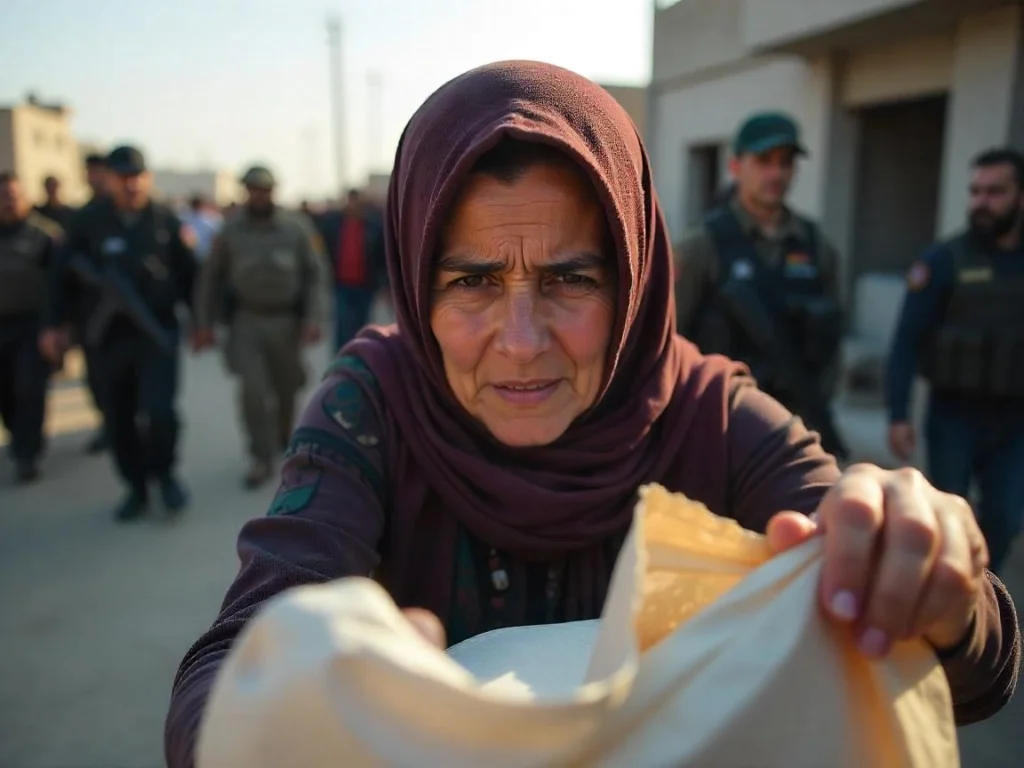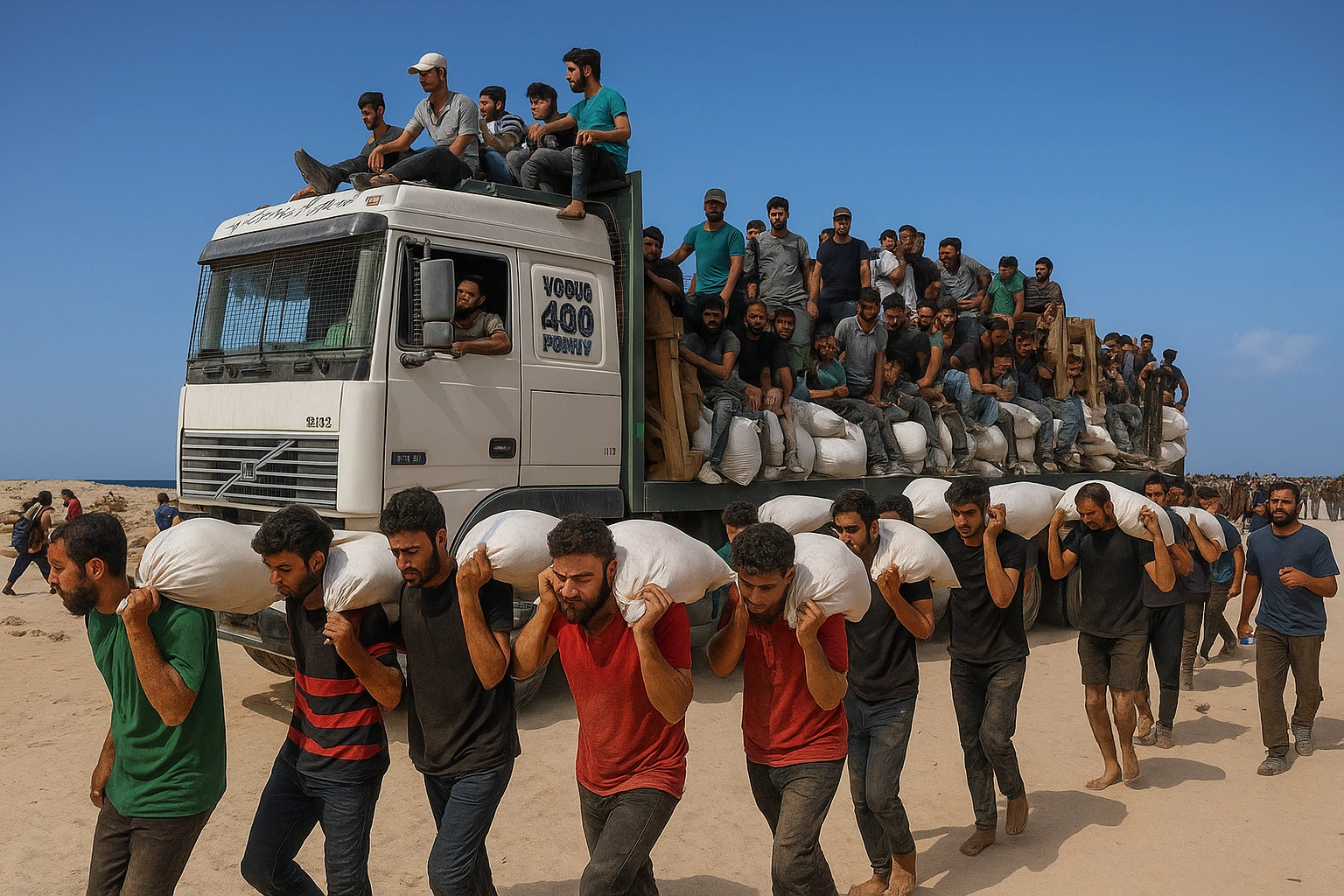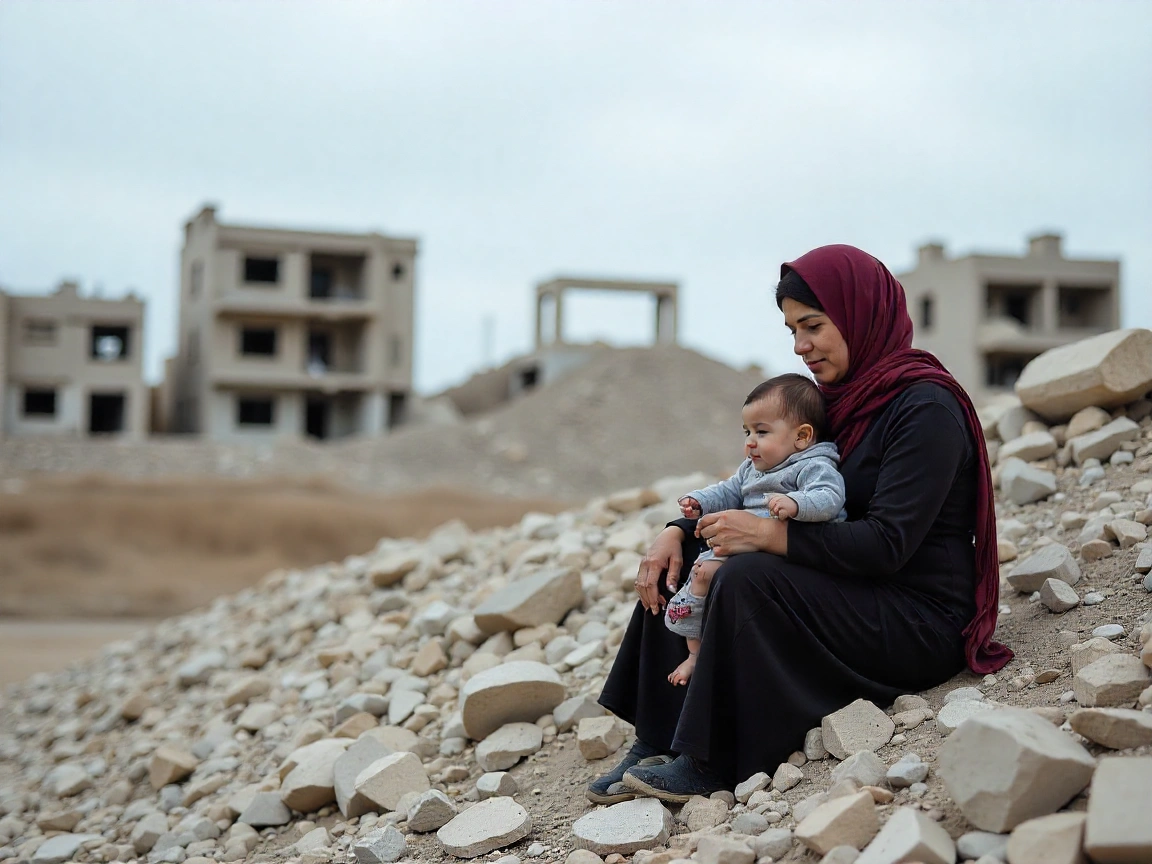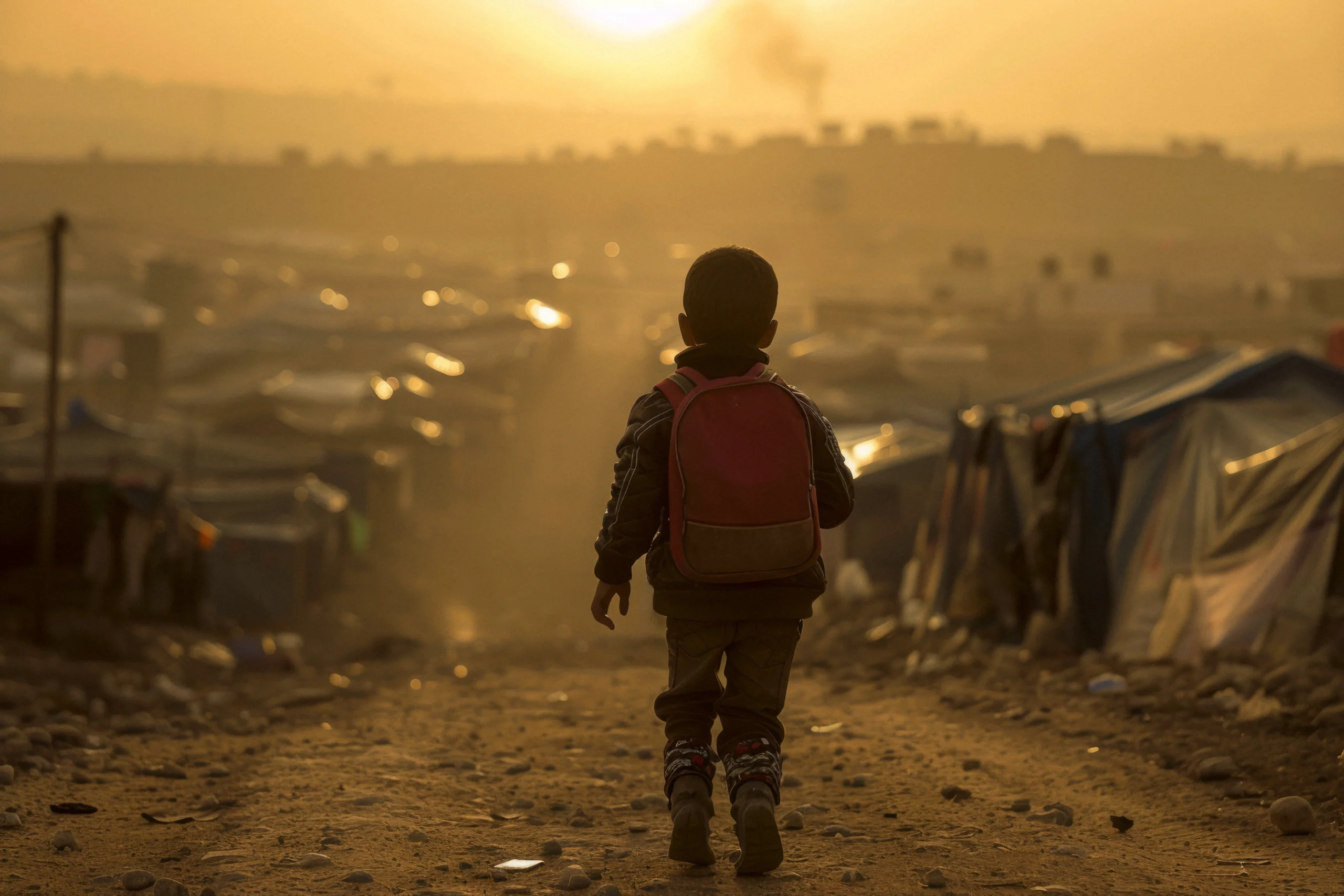On Sunday, the Israeli military told people in central Gaza to evacuate right away. This time, they focused on Deir al-Balah, a city they hadn’t entered with ground troops during the 21-month war with Hamas.
Soldiers instructed both residents and displaced families to head toward al-Mawasi, a coastal area on the Mediterranean Sea. They said this move would help keep people safe, but the sudden order sparked confusion and fear.
Many families rushed to pack their things and leave. Others froze, unsure where to go or how to move elderly relatives or children. Some feared that the army might attack the area soon. Families of Israeli hostages also grew more worried, since they believe Hamas may be holding some captives in that very city.
Israeli warplanes flew overhead and dropped leaflets across several neighborhoods. The flyers warned people to evacuate immediately and move farther south. Meanwhile, the military continued to strike targets from the air. But so far, they haven’t sent soldiers into Deir al-Balah on foot.
Now, people in Gaza face another wave of uncertainty. They carry fear, exhaustion, and the hope that they can still find safety before the fighting spreads again.
The Israeli Defense Forces continue their powerful operations to dismantle terrorist infrastructure and eliminate enemy threats in the region. However, the military has not yet entered some specific districts during the ongoing conflict.

In Deir al-Balah, thousands of displaced families live in overcrowded tent camps. These neighborhoods now shelter many people who fled repeated airstrikes and evacuation orders.
Israeli officials explained to Reuters that the army avoids certain districts due to concerns over potential hostage locations. They believe Hamas may be holding captives in those areas, which complicates direct military action.
According to intelligence reports, around 20 of the 50 hostages still in Gaza may remain alive. Their status continues to impact military decisions and humanitarian efforts.
Most of Gaza’s population—over two million people—have already faced at least one forced displacement since the war began. Israeli warnings continue to cover large parts of the Strip, creating uncertainty and fear.
Meanwhile, global leaders are urging restraint. On Sunday, Pope Leo XIV demanded an immediate end to the war’s brutality. He also warned against the indiscriminate use of force, calling for a path to peace.
Just a few days ago, an Israeli airstrike hit Gaza’s only Catholic Church. Prime Minister Benjamin Netanyahu spoke out and said Israel deeply regrets what happened. His words came as people around the world expressed shock and sadness.
The conflict started after Hamas launched a deadly attack on Israel on October 7, 2023. That attack killed about 1,200 people and took 251 hostages. In response, Israel began a military operation in Gaza.
Since then, Israeli forces have killed more than 58,895 people in Gaza, according to the health ministry run by Hamas. The United Nations and many others trust those numbers as the most reliable source right now.
With so many lives lost, families face heartbreak, and communities struggle to survive. Around the world, people ask both sides to stop fighting and find peace. Humanitarian groups keep calling on leaders to protect innocent civilians and end the violence.











